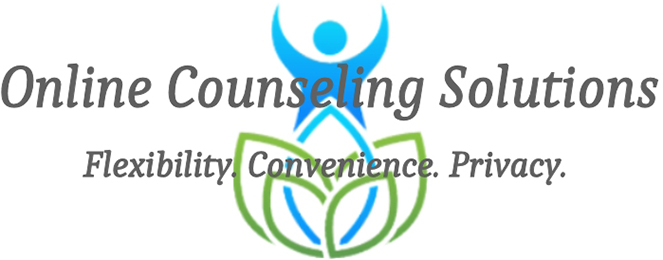Anxiety speaks in its own language. Or rather it screams, “I can’t handle this!” Whenever we feel anxious, the underlying belief is that we are not fully equipped to handle the situation. The common theme of anxiety-provoking thoughts are, “I can’t handle this!” The resulting feeling is usually overwhelm. I’ll address this shortly. When we are flooded by thoughts that we cannot handle our present or future imagined circumstances, anxiety is usually the resulting emotion.
Of course there is another way to react to anxiety’s unique language. But first let’s look at this unique language. Anxiety speaks in a language that isn’t always conscious to us at first. From a Cognitive-Behavioral perspective we call these automatic thoughts. Automatic thoughts are those first thoughts that occur after a trigger, usually a situation or event. These thoughts fly under the radar. We are not consciously aware of them but we react to them almost instantly. However, we are aware of the subsequent feelings of anxiety, overwhelm, and panic. Our reactions are then fueled by these feelings. They trigger our alarm system (read more about that in the post here) and throw us into fight, flight or freeze. From there physiological symptoms develop like increased heart rate, sweating, shaking, and agitation.
Anxiety wants to avoid the situation at all costs. We want to run and get away as quickly as possible. That is our natural inclination. We don’t live in an age where we are in fear of being attacked by a saber-tooth tiger. Often it is modern-day stress that triggers this response. Instead of fight, flight, or freeze, I would propose we focus; to immerse ourselves in the situation through acceptance of what is. That doesn’t mean we have to like it. If we get a flat tire in the pouring rain at 2 a.m. that doesn’t mean we are to enjoy the situation but to simply accept it and be mindful of the task of replacing the flat tire or calling roadside assistance in my case .
Overwhelm is when we believe too much is expected of us or there is too much to do and not enough time or resources to accomplish what needs to be done. A more specific definition of overwhelm is to be completely surrounded in or buried by. We just exist in our surroundings. For example, a fish is completely surrounded by water. It simply exists in its surroundings. The fish doesn’t wish for something different. Whether the water is smooth or rough the fish must exist within it. So it is with us, our current situation is the water that we swim in.
On the other hand, frustration is the belief that things are not the way they should be. So let’s flip this on its head for a minute and consider that things are always exactly as they should be. Because whatever you are experiencing is your current reality so therefore things are exactly as they should be because it is what it is. It isn’t any different no matter how much you want it like it to be.
Most of our problems or struggles are a result of errors in thinking. And when we start to differentiate our thoughts from the truth we begin to accept our current reality, no matter how unpleasant it might be. A new way of thinking will naturally be met with resistance but over time our brain will generate a new dialogue with ourselves. We experience a release of the resistance to our situation. Our language then begins to change to, “I’m exactly where I should be right now.” “I’m right on schedule”. Telling yourself, “I’m late” only increases anxiety and doesn’t get you to your location any quicker.
When resistance to our current situation decreases and we come into alignment with our current reality we experience more ease with the bumps and bruises of our day. We aren’t so easily rattled and thrown off. We simply accept what is. We remain grounded despite our circumstances. That doesn’t mean we like it but we are in alignment with our current reality.
The next level after that is to then consider what this current situation is there to teach us. One one of the biggest shifts in thinking can be to change a simple preposition. Instead of thinking something is happening TO you consider that something is happening FOR you. What is this situation growing in you? Is it patience? Is it increasing frustration tolerance? Self-control? or confidence in yourself that you can handle difficult situations.

